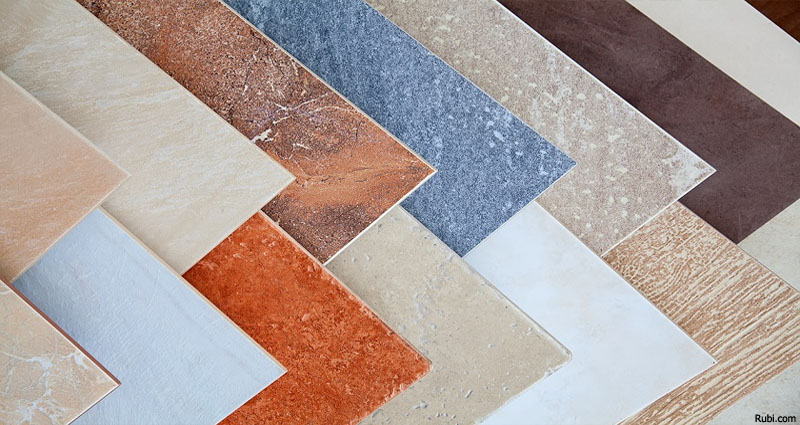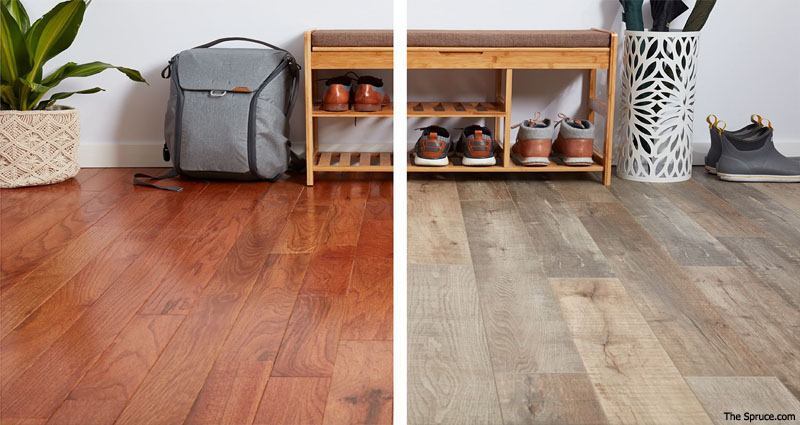Commercial Ceramic Flooring – Some Must-Know Facts
If you have an office, industry, or a company that is engaged in commercial operations, you need to be more cautious about the interiors of your place. Flooring plays a major role in any interior decoration. Thus choose the best flooring that compliments your business needs. But it hardly means that only because you are running a business, you have to choose only the boring commercial flooring. Most of us are unaware of this type.
Commercial flooring is essentially heavy-duty flooring which is specially made to suit the corporate as well as the industrial environments. It is available in a variety of shades, designs, and material and thus allows you better chances to explore different options. Some of the predominant features involve cost- efficiency, easy maintainability, durability, stunning visual appeal, and inexpensive flooring installation.
A few more general types of corporate flooring involve carpet, ceramic tiles, rubber, vinyl, concrete, marble, … Read the rest










